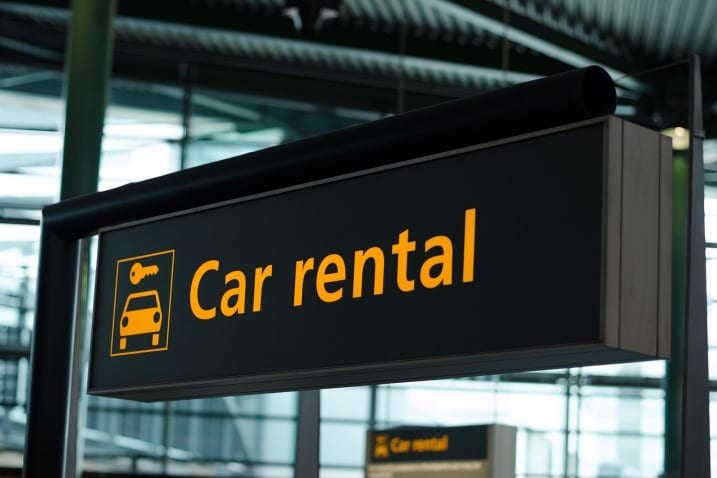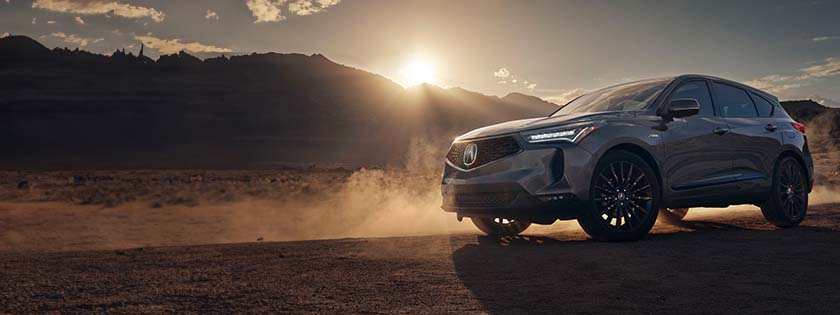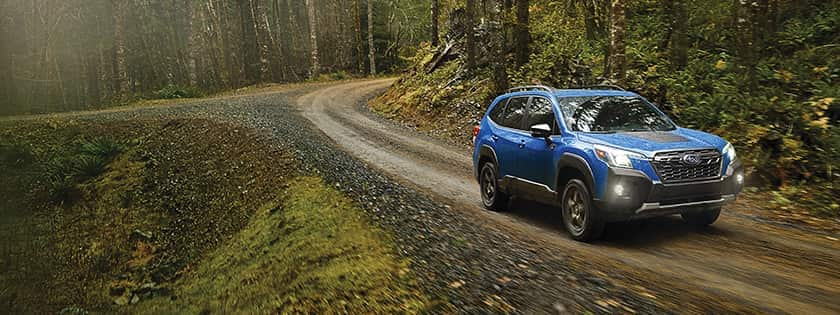PROS:
— A way to save: Rental companies purchase their vehicles in volume and at a discounted rate. In turn, they are able to sell them at lower prices than a traditional dealership would. On average, the discounts could be 10% or more depending on the vehicle.
— Newer vehicle for less money: It is not uncommon to find 1- to 2-year-old vehicles, which could potentially get you the latest body style or safety features. These vehicles would cost thousands more at a franchise dealership's used car lot.
— Convenient sale process: Avis, Enterprise and Hertz offer no-haggle pricing. Avis and Hertz also offer free two-hour test drives or a three-day "rent to buy" program, where you pay a daily rental fee (at a reduced rate, in the case of Hertz). The companies refund the rental fee if you buy. To alleviate buyer's remorse, Enterprise and Hertz also have seven-day return policies.
— Well-maintained vehicles: Rental agencies are diligent about maintaining their vehicles. All the scheduled maintenance is performed at the manufacturer-recommended intervals.
— Limited warranty: Most major rental companies will give buyers a 12-month or 12,000-mile limited powertrain warranty. This coverage is more than you'd get at an independent used car lot, where most of the vehicles are sold as-is. At either place, you will inherit any remaining balance on the vehicle's factory warranty.
CONS:
— Uncertain history: It's difficult to determine how hard a rental car was driven. While some people might be careful with a rental, others may drive the vehicle more aggressively since it isn't theirs.
— Higher-mileage inventory: The average miles driven per year in the U.S. is about 14,000. But you'll easily find vehicles in a rental fleet with double or triple that number of miles.
— Potential to be out of warranty: Because of the higher mileage, you might find that the vehicle is past its factory warranty coverage. Any repairs required will likely have to be paid out of pocket.
— Lightly optioned cars: Don't expect to see top-of-the-line vehicles with a ton of upscale options. Rental companies usually buy base models due to the lower price and simplicity of ordering, so luxury features and advanced safety equipment might be hard to find.



 by
by 


